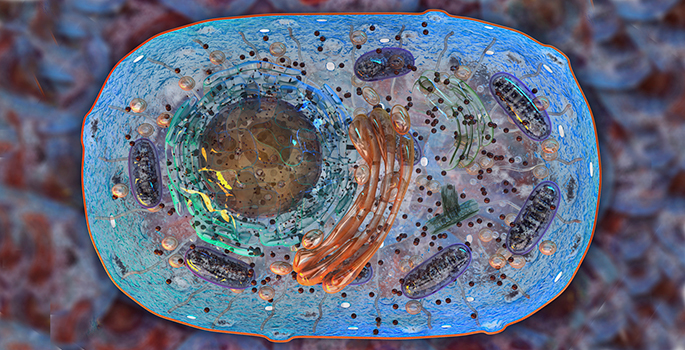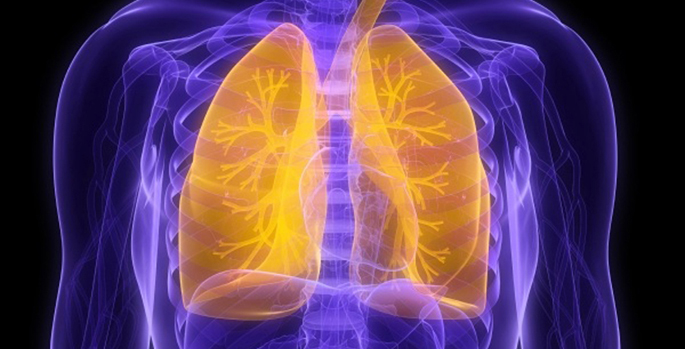NIH
-

Research team takes aim at Ebola virus ‘decoy protein’
Using an antibody generated at Vanderbilt University Medical Center that neutralizes the Ebola virus, researchers at the Scripps Research Institute in La Jolla, California, have determined the structure of a “decoy” protein that may enable the virus to evade detection by the immune system. Read MoreAug 11, 2016
-

NIH grant boosts Englot’s epilepsy research efforts
Dario Englot, M.D., Ph.D., has received a grant from the National Institutes of Health to support his research into better understanding brain connectivity disturbances in patients with focal epilepsy. Read MoreAug 4, 2016
-

Discovery of male-harming DNA mutation reinforces ‘mother’s curse’ hypothesis
There is new evidence that the "mother’s curse" – the possibility that moms may transmit genes to their children that harm their sons but not their daughters – holds true in animals. Read MoreAug 2, 2016
-

Award bolsters study of alcohol’s impact on the brain
Vanderbilt University researcher Danny Winder, Ph.D., has received a MERIT Award from the National Institute of Alcohol Abuse and Addiction (NIAAA), part of the National Institutes of Health, for his contributions to understanding how alcohol affects the brain. Read MoreJul 28, 2016
-

NIH launches website for StoryCorps project
The National Institutes of Health (NIH) is launching its Voices of the NIH Community website, which features a collection of StoryCorps audio recordings from patients, families, researchers, doctors, nurses, staff and volunteers in both the NIH and Vanderbilt University Medical Center (VUMC) communities. Read MoreJul 28, 2016
-

Breast cancer: finding the smoking gun
A new method developed at Vanderbilt may help “inventory” all tumor-promoting genes. Read MoreJul 20, 2016
-

Diabetes drugs may ease addiction
Drugs that are being used clinically to treat obesity and diabetes may also have a role in treating drug abuse. Read MoreJul 18, 2016
-

Membrane fats impact drug transporter
New studies of a membrane transporter could explain antibiotic resistance – and lead to novel ways to combat it. Read MoreJul 14, 2016
-

When mitochondrial genes act up
A team of Vanderbilt scientists have identified some of the methods that mutant mitochondrial DNA use to circumvent the molecular mechanisms that cells use to regulate mitochondrial activity. Read MoreJul 12, 2016
-

VUMC chosen for leadership role in NIH Precision Medicine Initiative Cohort Program
Vanderbilt University Medical Center (VUMC) has been chosen by the National Institutes of Health (NIH) to be the Data and Research Support Center for the Precision Medicine Initiative Cohort Program, a landmark study of genetic, environmental and lifestyle factors affecting the health of a million or more people, federal officials have announced. Read MoreJul 7, 2016
-

Vanderbilt establishes Recruitment Innovation Center to increase enrollment of minorities, women and older adults in clinical trials
Many clinical trials are stopped prematurely because they fail to recruit enough study participants. Vanderbilt University Medical Center has received a five-year, $14 million grant from the National Center for Advancing Translational Sciences at the National Institutes of Health to address this. Read MoreJul 5, 2016
-

A little spark for sharper sight
Stimulating the brain with a mild electrical current can temporarily sharpen vision without glasses or contacts, Vanderbilt University researchers have found. (But please don't try this at home.) Read MoreJun 30, 2016
-

The odds of asthma
A number of factors during infancy increase the risk that a child will later develop asthma. Read MoreJun 27, 2016
-

Superior scan for tumors
Imaging with a compound that binds to neuroendocrine cells is a safer and more effective way to detect rare neuroendocrine tumors. Read MoreJun 24, 2016
-

It takes two to tango: beta cell development
Defining the genes required for the function of insulin-producing beta cells is crucial for ongoing efforts to develop a cell-based therapy for diabetes. Read MoreJun 23, 2016
-

President nominates Hiebert for National Cancer Advisory Board
President Barack Obama has nominated Scott Hiebert, Ph.D., professor of Biochemistry and associate professor of Medicine, to serve as a member of the National Cancer Advisory Board (NCAB). Read MoreJun 21, 2016
-

Uninsured heart attack patients more likely to be transferred to another facility: study
A new study finds that uninsured heart attack patients are more likely to be transferred. Read MoreJun 9, 2016
-

Pulmonary fibrosis culprits
New findings identify isoketal-modified proteins as a previously unrecognized feature of pulmonary fibrosis and as a potential therapeutic target for this disease. Read MoreJun 6, 2016
-

Pregnancy-related heart disorder clues
Vanderbilt researchers have identified biomarkers that could be useful for evaluating and treating pregnancy-related heart failure. Read MoreJun 3, 2016
-

‘Crowdsourcing’ project aims to refine data extraction from electronic health records
A research team at Vanderbilt University Medical Center (VUMC) will develop a crowdsourcing solution for generating a wide range of labeled data sets from electronic health records (EHRs). Read MoreJun 2, 2016